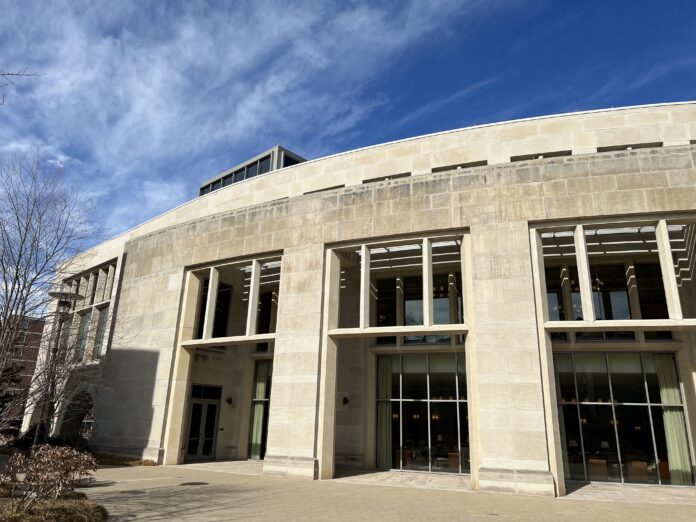On Thursday evening, Harvard Law School shared a significant increase to the funding of its Low Income Protection Plan (LIPP). Starting July 1, under the updated plan, J.D. graduates who earn $70,000 or less annually will be eligible to have HLS cover the entirety of their loans—a bump of $15,000 from the previous floor of $55,000.
Though the Harvard Law Today piece erases it, mentioning only “extensive deliberation, information gathering, and input that occurred as part of the law school’s regular financial aid planning process,” the change undoubtedly comes as a result of student organizing. In an impressive, focused organizing campaign, students and alumni have worked throughout the past year—and even before it—to raise awareness in the administration and public of LIPP’s shortcomings and to hold the administration accountable to LIPP’s promise of support.
In addition to improving LIPP, HLS will also launch a new federal loan forgiveness option, for students who have federal loans and are committed to working in public service for at least 10 years. Those students, HLS claims, will be able to earn up to $110,000 per year before being asked to contribute to their federal loans.
These changes represent a significant change in administrative approach to the LIPP program, departing from the piecemeal cost-of-living change last year (when the floor was raised from $48,000 to $55,000, and touted as the “highest increase in LIPP’s nearly 45-year history” by the administration). They also represent, to an extent, a readiness to remain competitive with peer schools. Stanford Law’s similar program, for example, has a floor of $75,000, and NYU Law has a similar hybrid federal loan forgiveness option that allows the same $110,000 per year to be earned by graduates.
While a significant victory, the win does not mean that students are done organizing. The news about the new plan is limited, and notably does not include any mention of plans to reform asset protection issues around retirement plans and home values, or any change to the current marriage policy which limits LIPP awards for students who marry richer spouses but does not similarly increase LIPP awards in the opposite situation.
The Harvard Law Today piece lastly lauds last year’s improvement in Summer Public Interest Funding (SPIF). In 2022, according to the administration, SPIF provided stipends to 410 students, with at least some receiving the maximum stipend of $9,000 (the piece does not clarify how many students qualified).
That increase, like this LIPP increase, also came about as the result of dedicated student organizing.


